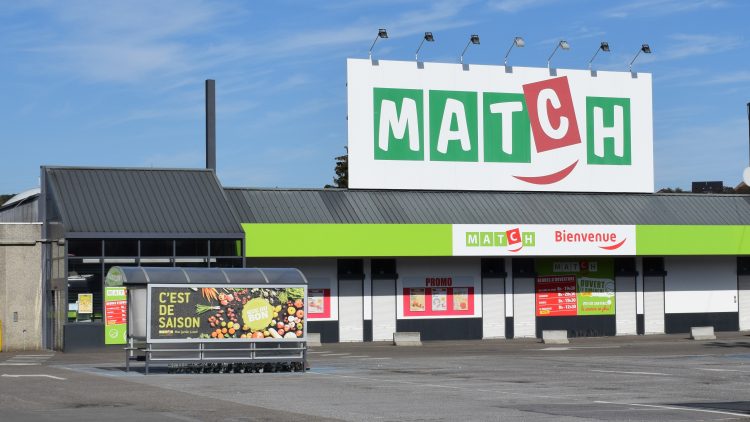Supermarkets rise to challenge of better warehouse management

In today’s unpredictable times, effective inventory management is more important than ever for retailers to ensure the right products are positioned in the right place at the right time.
If done well, inventory management helps maximize sales while reducing the cost of carrying excess inventory. In situations where stock demand changes dramatically, such as during the COVID-19 pandemic, an effective inventory management system can be extremely beneficial.
After being forced to close their stores for extended periods of time during the pandemic, many retailers found their stores contained old stock that could not be sold at full price, while deliveries of new stock were held up due to supply chain disruption. Fashion retailers were badly affected by the problem of excess seasonal inventory as their closed stores were full of Spring/Summer lines that had to be cleared out to make way for the next season’s items.
It is not just fashion retailers that face challenges with inventory management. For a supermarket chain, one of its biggest assets is the inventory it holds in its stores and warehouses.
The Problem of Perishability
Because a lot of a supermarket’s inventory is perishable, it is important to be able to turn over inventory quickly and so reduce the amount of items that have to be written off because they have passed their sell-by date.
In addition, supermarkets are relatively low-margin businesses, so improving the inventory turnover ratio is one of the ways they can improve their financial performance.

Grocery shopping has changed considerably in the past two decades with customers’ heightened expectations causing an explosion in the number of SKUs.
That creates particular challenges in the warehouse operations, where paper-based order fulfillment processes and labor-intensive pick methods are often still common.
The case of MATCH Supermarket
The MATCH chain of supermarkets in Luxembourg realized that its warehouse operations, based on a relatively old warehouse management system, were holding back the business and preventing it from achieving a more responsive supply chain.
It turned to Openbravo to help modernize its warehouse operations, which handle 20,000 SKUs and supply 28 stores in Luxembourg. It had a particular requirement to adapt a very narrow-aisle (VNA) warehouse model to reduce travel distances, something the previous system could not handle.
By adopting Openbravo WMS, a component in the Openbravo Commerce Cloud platform, Match has improved the productivity of the 50 staff in the warehouse and reduced significantly the time spent moving goods in the warehouse.
👉🏼Read the press release to learn more about how Openbravo helped MATCH drive its supply chain transformation and improve customer service.



